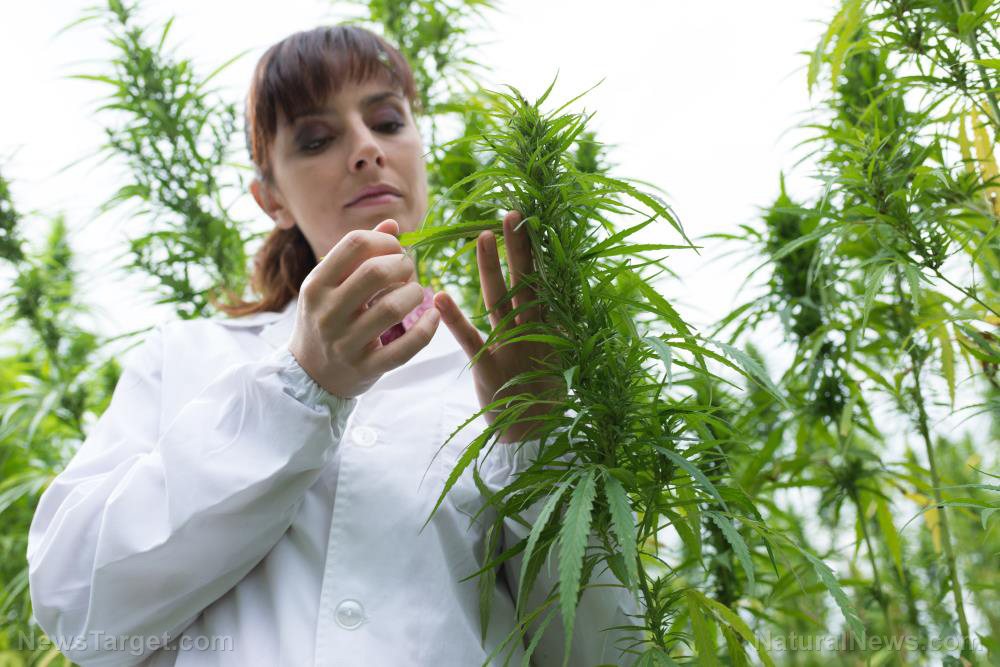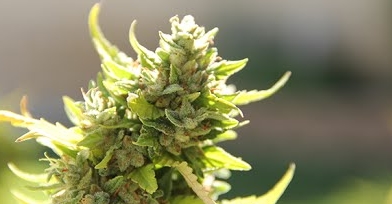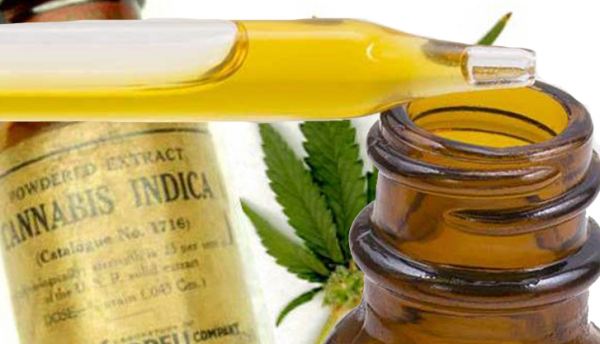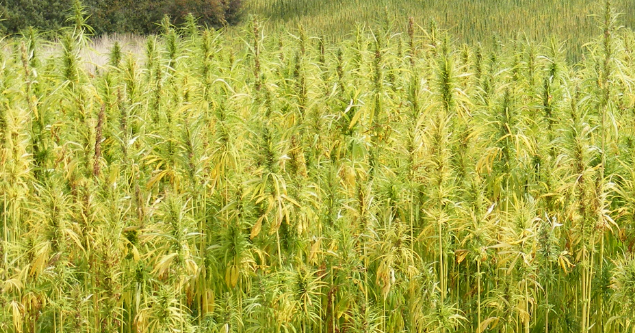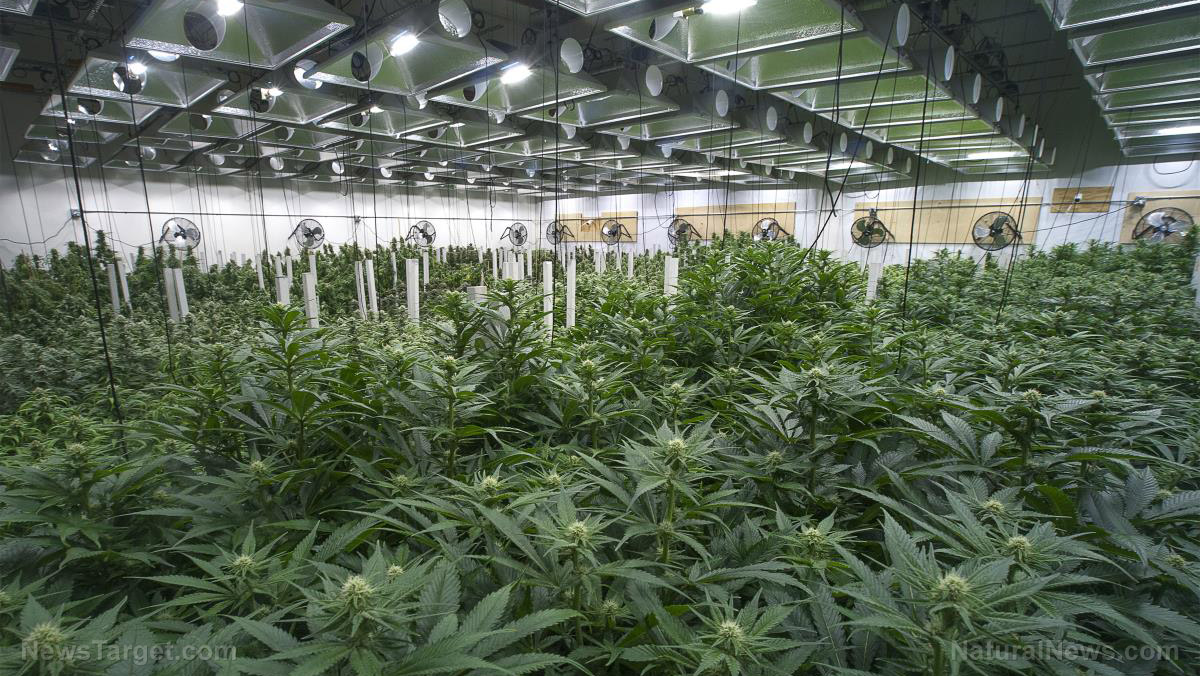Why is marijuana still illegal even though it has been proven to have medical benefits?
02/09/2016 / By Claire Rankin
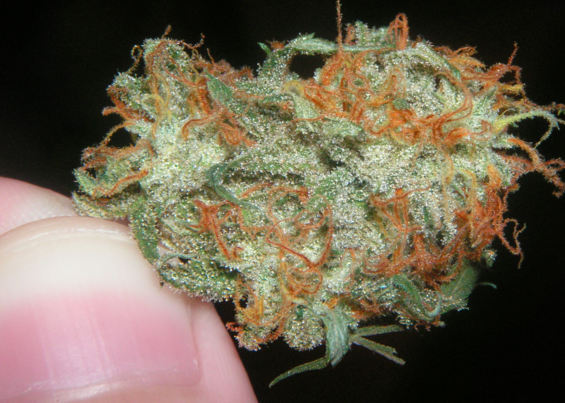
Scientific studies have proven that the use of marijuana can benefit those of us suffering with certain health conditions. Anecdotal evidence also abounds that marijuana has been useful in treating multiple sclerosis, epilepsy, insomnia, pain, anxiety, cancer, antibiotic-resistant infections, Tourettes syndrome and more. In fact, there is overwhelming evidence for the healing properties of cannabis. In view of this, why does marijuana continue to be seen as a dangerous substance that needs to be regulated or banned?
Marijuana viewed as addictive, dangerous and linked with anti-social behaviour
Early anti-drug laws were written to regulate and/or ban narcotics such as opium, morphine, cocaine and heroin. Although marijuana is not a narcotic, it is described as having “a high potential for abuse.” It is also seen as being highly addictive.
Although many people around the world with serious ailments have spoken out about the positive benefits they have received from marijuana for a variety of conditions, the anecdotal evidence of good outcomes has been brushed off as untested and unscientific, and therefore irrelevant. Medical use of marijuana remains controversial.
Marijuana is still perceived as a drug for hippies and losers. Often those living unconventional lifestyles are misunderstood or even viewed as criminal. Historically, marijuana uses have been seen as drop-outs, usually from minority ethnic groups. Stoners are stereotyped as either useless or violent. Some people (including lawmakers) conclude that cannabis can only be bad for society.
Unfortunately, these stereotypes have not been eradicated in the minds of a large section of the population despite the fact that many cannabis users are successful business people, college professors, attorneys and more.
More reasons why marijuana is still outlawed in many states
Pharmaceutical companies stand to lose a lot of money marijuana is legalized because cannabis would offer a cheap, safe alternative to their products, according to Republic Report, which also commented about private prison corporations. “Private prison corporations make millions by incarcerating people who have been imprisoned for drug crimes, including marijuana. Prison companies have spent millions bankrolling pro-drug war politicians and have used secretive front groups, like the American Legislative Exchange Council, to pass harsh sentencing requirements for drug crimes”.
Alcohol and Tobacco companies fear that money which would be spent on their products could be diverted to marijuana consumption, another reason for trying to keep marijuana illegal.
Progress has been made in legalizing marijuana. It has been legalized in 23 states in the USA for medicinal use, and legalized in 4 states for recreational use. Globally, laws are changing slowly in many countries. More needs to be done, but with ongoing education and public awareness, it’s just a matter of time before marijuana will become fully legal.
Sources:
Tagged Under: illegal marijuana, marijuana dangers, medical marijuana

